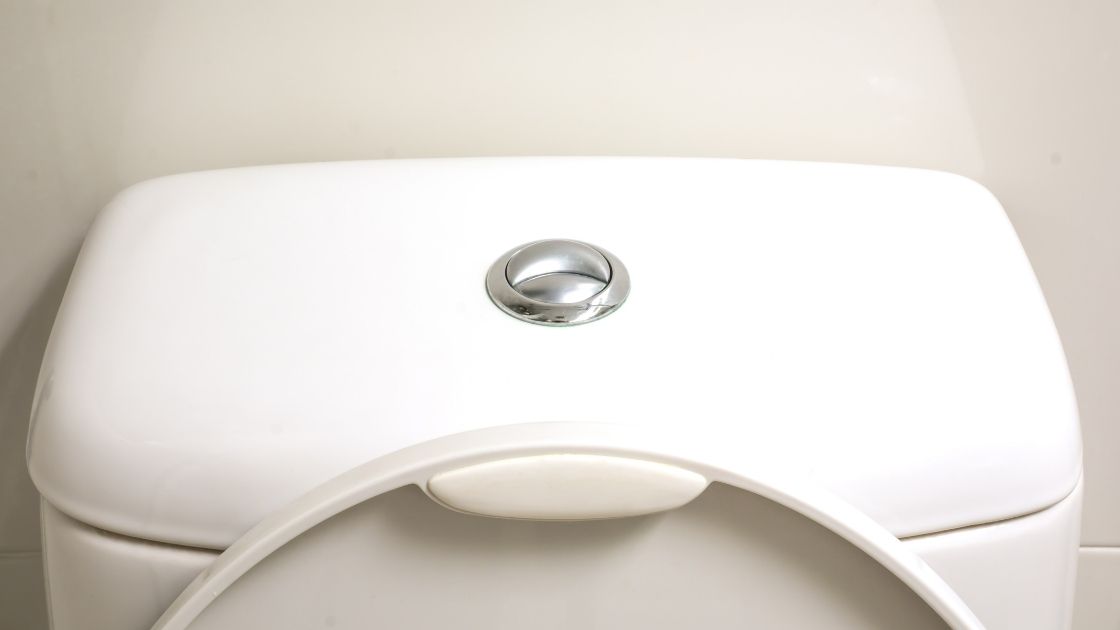If you're wondering when I flush the toilet water comes up the sink, you're not alone. Many homeowners face this alarming issue, and it can be both puzzling and frustrating. In this article, we'll delve into the reasons behind this phenomenon, guiding you through the causes, solutions, and preventive measures to keep your plumbing system flowing smoothly.
Experiencing water backing up into your sink when you flush the toilet can raise concerns about your plumbing system's health. This is a symptom of a larger issue that needs addressing. Understanding the mechanics of your plumbing can help you tackle this problem effectively.

Understanding Your Plumbing System
Your plumbing system is intricate, with various components working together to ensure everything runs smoothly. When the toilet is flushed, water travels through pipes designed to carry waste away. However, problems can arise that cause this water to flow in unexpected directions.
Common Causes of Backup
The first step in addressing the question, when I flush the toilet water comes up the sink, is to identify the cause. Here are some of the most common reasons for this plumbing mishap:
- Clogged Drain Lines: A blockage in your plumbing system can lead to pressure build-up, causing water to pool in the sink. These clogs can stem from hair, soap scum, or foreign objects lodged in your pipes, obstructing normal water flow.
- Main Sewer Line Issues: If the main sewer line is obstructed, flushing the toilet can force waste and water back into your home through the sink. This could result from tree root intrusion or a significant backup somewhere in the system.
- Improper Venting: Your plumbing system relies on vent pipes to regulate air pressure and allow waste and water to flow smoothly. If these vents become blocked, it can create a vacuum effect that leads to backup.
- Backflow Problems: In cases where backflow preventers are not functioning correctly, wastewater can travel back into your home from the municipal sewage system. This scenario not only causes water to back up into your sink but can also create serious sanitation concerns.
Identifying Symptoms and Diagnosing the Issue
If you're encountering backups in your sink each time you flush, it's essential to monitor other symptoms as well. Consider these diagnostic points:
- Gurgling Sounds: If you hear unusual gurgling or bubbling sounds from your sink or drains, this may indicate a clog or an issue with air pressure in the plumbing system.
- Slow Draining: Is your sink slow to drain? This could be a sign that the pipes are partially clogged, leading to water pooling in your sink.
- Multiple Backups: If more than one fixture is backed up, its likely a general plumbing issue rather than an isolated problem.
DIY Solutions to Try
Before calling a plumber, consider employing some DIY solutions. Here are a few effective methods to try:
- Try a Plunger: Often, a simple plunger can resolve minor clogs. Ensure you have a proper seal around the sink drain and give it a few firm pumps.
- Use a Drain Cleaner: Chemical drain cleaners can help dissolve clogs. Always follow the manufacturer's instructions, as they can be hazardous.
- Check Vent Pipes: If you suspect venting issues, inspect your rooftop vent pipes to ensure they are free of obstructions like nests or leaves.
When to Call a Professional
While some issues may be solvable by homeowners, certain situations warrant professional intervention. If you encounter any of the following signs, it's time to call in a plumber:
- Persistent Backup: If the problem continues or worsens despite your attempts to fix it, professional help may be required.
- Multiple Fixtures Affected: If multiple sinks or fixtures bubble or back up simultaneously, the problem may extend beyond your immediate plumbing.
- Strange Smells: If there are foul odors coming from your drains, it could indicate more serious sewage issues that need expert attention.
Preventive Measures to Maintain Your Plumbing
Preventing backup issues is much easier than fixing them. Here are some steps you can take to maintain your plumbing:
- Regularly Clean Drains: Use a combination of baking soda and vinegar to clean your drains regularly, preventing debris buildup.
- Avoid Flushing Problematic Items: Never flush items such as wipes, feminine products, or paper towels that can lead to clogs.
- Schedule Inspections: Regular maintenance by a plumbing professional can catch potential problems before they escalate.
Conclusion
Having to deal with issues such as when I flush the toilet water comes up the sink can be daunting, but being informed is half the battle. By understanding the causes of this problem, you can take appropriate action and avoid future inconveniences. Whether you're tackling it yourself or calling in the pros, maintaining your plumbing should be a top priority for ensuring your home's comfort.
For more valuable insights into common plumbing questions, visit Why Is My Toilet Overflowing? or check out Why Does My Toilet Squeal?. These articles provide additional perspectives and solutions to household plumbing concerns. Also, read about Bathroom Hygiene Tips to keep your space clean and comfortable.

FAQs
1. What should I do if my sink is backing up?
First, try using a plunger on the sink. If that doesnt work, consider using a drain cleaner or calling a plumber to inspect the issue.
2. How often should I clean my drains?
Its wise to clean your drains at least once a month with a natural solution like baking soda and vinegar.
3. Can flushing the toilet affect my sinks?
Yes, if there are issues within the plumbing system like clogs or backups, flushing the toilet can cause water to back up into the sink.
As an Amazon Associate, I earn from qualifying purchases.






